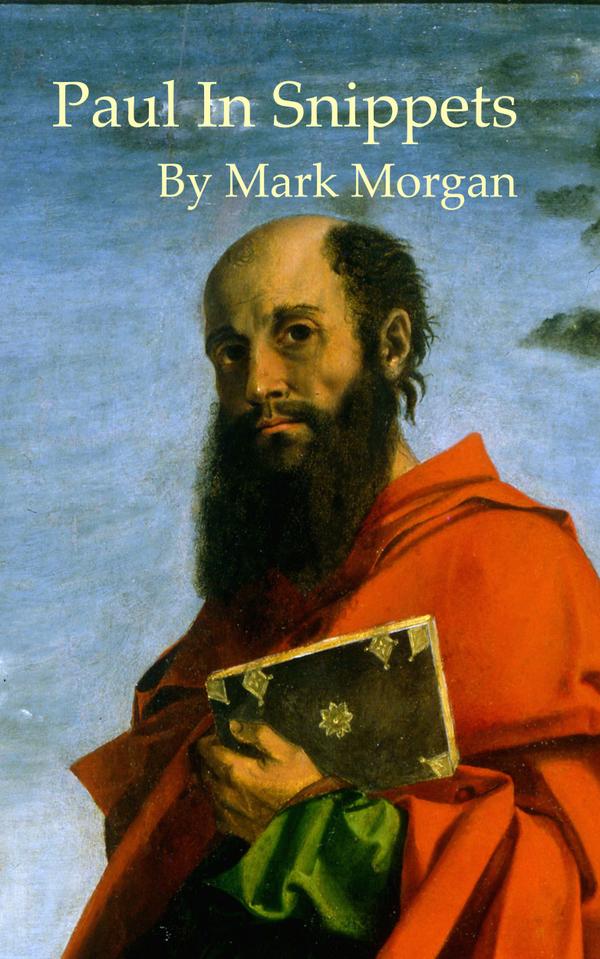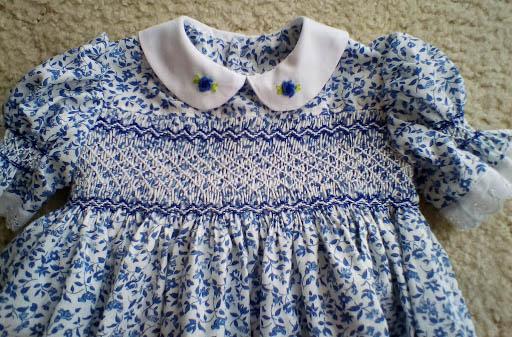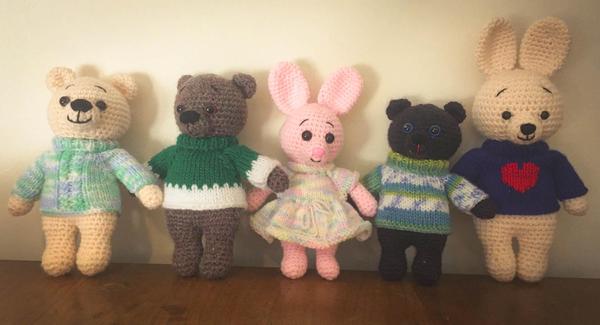Chapter 33 – Corinth
Narration
Acts 18:1-18
Paul went next to Corinth, where he met a couple – Aquila and his wife Priscilla – with whom he became close friends. Like Paul, they were Jews and tent-makers.
Every Saturday, Paul went to the synagogue as usual, and after a while Silas and Timothy arrived in Corinth too. From that time on, Paul devoted himself entirely to preaching, no longer
trying to fit in his work as a tent-maker as well. Some in the synagogue believed and joined Paul. Others resisted. Paul withdrew and went again to the Gentiles.
Crispus, the leader of the synagogue, believed Paul, and his replacement Sosthenes later did the same. Many were believing and being baptised, but even so, it was there in Corinth that Paul reached one of
his lowest ebbs. Fear within and fear without – Paul was finding it hard to keep going.
Jesus spoke to him in a vision by night and told him not to be afraid, but to keep speaking to everyone. He gave Paul a guarantee that no-one would harm him and that many in the city would believe.
Paul took hold of his courage and kept going.
He stayed for one year and six months before there was an attempt to attack him, but it was unsuccessful and Paul was able to stay safely for many days longer.
The promise of protection had been fulfilled, but it was
time to move on again.
Sketch 33.1
“Thanks for your work, Paul,” said the customer, stroking the new patch Paul had expertly sewn in place. “That’s just what I need.” He rolled up the tent flap and gave Paul some coins.
Paul took the money with a nod of thanks and put it in his purse. It was good to have a
satisfied customer, and this would help to cover his living costs. Corinth was an expensive place to live!
The man paused, then said diffidently, “Can I ask a question?”
Paul nodded.
“I… I haven’t met very many Jews, but … are you all tent makers?”
“No,” answered Paul, surprised. “Why do you ask?”
“Yesterday I found another couple who were tent makers, but they were too busy to fix my tent. They were Jews too.”
“Jewish tent makers? I don’t know of any in Corinth apart from me. Where were they?” asked Paul eagerly.
“I can show you where they were, if you want.”
“Thanks. I’ll come straight away.” Turning to the tradesman sitting next to him, Paul said, “Gaius, could you keep an eye on my tools? I’ll be back soon.”
Paul followed his customer out of the market, through a residential area and finally into another market
area. After looking around for a few moments, the man seemed to find what he was looking for and led Paul to a quiet area where a man and woman sat cross-legged on a stone bench, their eyes fixed on the material spread across their laps. The needles in their hands moved swiftly and smoothly, adding neat stitches to straight seams.
“Excuse me,” said Paul’s companion apologetically as he stopped in front of them.
“This man wanted to meet you.”
The man and his wife looked up quickly, concern on their faces.
“I believe that you two are Jews!” said Paul, smiling.
“Y-e-s,” replied the man slowly, eyes alert. “What of it?”
“Well,
I’m a Jew too,” said Paul, “and I’m also a tentmaker!”
The concern fell away from their faces, replaced by smiles of relief and pleasure.
“A tentmaker?” responded the man. “We don’t meet many of them, and to meet one who is of the circumcision, well, that’s an unexpected pleasure. I’m Aquila and this is my wife Priscilla, who is an expert tentmaker
too.”
“Latin names?” prompted Paul. “Do you live here in Corinth?”
“At the moment we do, but we were both born in Rome, although we’re of Jewish stock.”
“Did you get caught up in Caesar’s recent expulsion of the Jews from Rome, then?”
“Yes, and that’s why we were a little cautious when you asked if we were Jews. You never know where Jew-hatred will pop up next.”
“You’re right, Aquila, and I’m sorry to have worried you. It’s good to meet you and Priscilla, too. As for me, people call me Paul.”
Aquila smiled. “It seems appropriate: you’re not very
tall.”
“No,” agreed Paul. “It’s certainly much more appropriate than my given name – Saul!”
Aquila guffawed at the incongruity of a small man like Paul being named after the ancient king Saul, famous for being head and shoulders taller than anyone else in Israel at the time when he was chosen to be king. “Was your father an incurable optimist, or
just a big man looking for a son to outgrow him?”
“My father was a giant of a man, and my mother was very tall for a woman, too,” smiled Paul. “They had reason for the grand name, but I was always small, so my new name fits better.”
“How long have you been in Corinth?” asked Aquila.
“Three
days. I came from Athens.”
“Is the faith of our fathers important to you? Will we see you in the synagogue on the Sabbath?”
“It is indeed. And you will, if the Lord permits,” answered Paul.
Suddenly remembering the man who had brought him to meet Aquila and Priscilla, Paul
turned back to him. “Thank you very much for bringing me to meet these countrymen of mine. I’m sure the patch I put on will work well, but if it doesn’t, make sure you come back and let me know.”
“I’m not likely to have a chance. I’m leaving for Athens this afternoon, which is why I needed it fixed this morning.”
“It’s a pity you’re going so
soon. I was hoping to be able to talk to you about some good news that everyone needs to hear.”
“What sort of good news?”
“Good news about Jesus of Nazareth, sent by God to be the saviour of the world.”
“Jesus of Nazareth? I don’t know the name.”
“He was also a Jew, but the good news is that he can save you from sin and death.”
“Death is natural. Everyone dies.”
“That’s true, and even Jesus died, but he didn’t stay dead. God raised Jesus from the dead and now he lives forever.”
“Let me
guess, I have to become a Jew to join in?”
“No, no, not at all. All you need to do is believe in him, be baptised and live a life of righteousness and faith.”
“Tell me more about him.”
“Jesus came to direct us away from evil behaviour and the worship of dead idols that can’t do anything
for us. You must notice all the idols around here, and in Athens you might even see one I noticed while I was there, dedicated to ‘An Unknown God’. So many idols, but they never do anything for anyone.”
“Are you trying to convince me to worship the God of the Hebrews?”
“Yes. The God who led his people out of Egypt and gave them their Promised
Land. Now that’s really doing something. That’s power! And now he’s raised Jesus from the dead after he was crucified by the Romans and Jewish leaders.”
“Crucified? Was he a criminal?”
“No, quite the opposite. But you know how things can go – the leaders were jealous of him because crowds went to listen to him instead of them, and
he also healed lots of sick people.”
“Yes, I can imagine that happening, but could a saviour of the world really be crucified? It’s a pretty… humiliating death.”
“True, but Jesus believed that being humiliated was worthwhile if it could save people like us.”
“Doesn’t sound like much of a
hero to me!”
“Wouldn’t you call someone who was willing to die for others a hero?”
The man inclined his head doubtfully. “Maybe… but, look, I really must go. I’d like to hear more, but I haven’t got enough time before I leave for Athens.”
“If you want to know more, go to the Jewish
synagogue in Athens and find two men, Silas and Timothy. They’ll be able to help you.”
“Silas and Timothy, hey? I’ll try to remember those names. Silas and Timothy. I suppose they’re both Jews?”
“Silas is, but Timothy has a Greek father and a Jewish mother.”
“Well, I’m a
Greek, so maybe he can explain the differences between this Jesus and the religion we grew up with.”
“I’m sure he’ll do his best,” smiled Paul. “He’s a wonderful lad, is Timothy. Everyone loves him, and he loves the truth.”
The man hurried off and Paul turned back to Aquila and Priscilla.
“Who is this Jesus you’re talking about?” asked Aquila.
“He is the Messiah spoken of in our scriptures. Are you familiar with the picture of a suffering servant in Isaiah, where the prophet speaks about one who would carry our iniquities and suffer for others?”
“Y-e-s,” said Aquila, “but isn’t that talking about Israel as a
nation?”
“No, I don’t believe so. Isaiah wrote, ‘He was despised and rejected by men; a man of sorrows, and acquainted with grief; and as one from whom men hide their faces he was despised, and we esteemed him not. Surely he has borne our griefs and carried our sorrows; yet we esteemed him stricken, smitten by God, and afflicted.’[1] The subject is spoken of as a man, and Israel the nation is included in the
‘we’ – the audience who esteemed him not. So it couldn’t make sense for Israel to be both the man and the audience.”
“That’s logical,” admitted Aquila, and Priscilla nodded.
Paul continued to explain how this passage applied to Jesus, before moving on to other passages from Isaiah and then the other prophets. Aquila and Priscilla continued to nod
often, occasionally making comments or asking for clarification. Paul’s eyes were full of excitement and he was utterly immersed in his subject. For the moment, he was heedless of anything beyond his need to present Jesus Christ as the saviour of the world.
After a while, Priscilla rolled up the material she and her husband had been working on so that she could concentrate better on Paul’s words. With each
passage he quoted and then explained her eyes seemed to brighten a little and sometimes a little smile would cross her lips. True, from time to time the pair exchanged puzzled glances , but each time Paul took the hint and tried to explain further or take a different tack in his commentary.
An hour passed, then two; yet neither Paul nor his audience appeared to notice. At last, Paul stopped abruptly, looked down at
his hands and said, “I’m afraid that when I start talking to anyone who is interested in God’s word like you are, I find it hard to stop talking about it and the amazing news about Jesus the Christ.”
“We’re fascinated by all you say, and it really does make sense,” said Aquila, glancing at Priscilla, who nodded her agreement. “Since you are a tentmaker and so are we, why don’t we work together for a while – if that would
suit you? Then we could talk more about this as we work.”
Paul beamed. “That would be marvellous,” he said, eyes gleaming. Suddenly he looked dismayed. “Oh no! I left my tools in the other market and told Gaius I’d be back soon. I hope it hasn’t caused him too much trouble!”
Chapter
34 – Cenchrea
Narration
Acts 17:10-14
Berea was their next haven, and it proved to be a nice safe haven – for a while. Many people in Berea wanted to hear Paul’s message and check whether it was true or not. This noble attitude made Paul’s job much easier, until
the Jews of Thessalonica heard that Paul was in Berea.
They came at once, agitating and stirring up the crowds, and once again, Paul moved on. He was taken straight to the sea, where he boarded a ship bound for Athens.
Silas and Timothy remained in Berea.
Chapter 35 – Back to Antioch
Narration
Acts 17:16-34
Brothers accompanied Paul to Athens, then
returned to Berea with orders for Silas and Timothy to join him in Athens as soon as they could. He had intended to stay quiet until they came, but it just wasn’t possible. How could he say nothing when the city was full of idols?
He could reason with the people at the synagogue – and did so – but what about all the others? How would they hear?
He began talking to people in the market places, speaking to any who would listen. Some were philosophers who revelled in disputation, and they soon brought him to the Areopagus to speak before many others – important people all.
Paul chose to speak about an altar he had seen marked “To An Unknown God”, a
sort of catch-all dedication to make sure no deities felt left out.
He used the opportunity to tell them about the God they didn’t know, an all-powerful God who does not live in temples and does not need anyone to make offerings to keep him well fed. Paul presented the creator of heaven and earth, maker of mankind, and his son Jesus Christ, once dead but raised again to
life.
Some sneered – but others listened.
Paul left them, but one of the members of the Areopagus followed him, along with some others.
Notes
[1] Isaiah 53:3-4
[To be continued]




